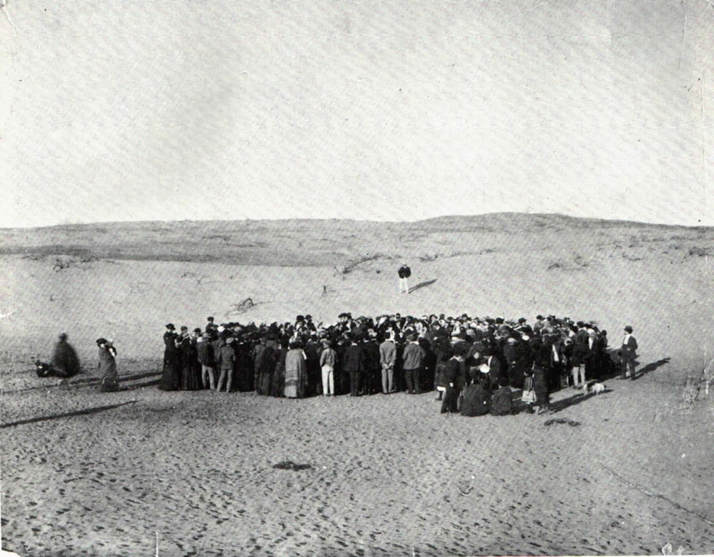PodcastsText
History of the City of Tel Aviv
In 1909, 66 families got together on the Mediterranean coast to build what they envisioned to be a modern city - Tel Aviv: "Hill of Spring."
Yechezkel is a prophet in exile. While Yirmiyahu is still confronting the last king Tzidkiyahu in Yerushalayim, Yechezkel is in Babylon already speaking to the people of Babylon and sending messages to the people of Israel. The village or city he is sent to speak to is called Tel Aviv. (Yechezkel 3:15) The Jewish Virtual Library notes that: Tel Aviv is the first all-Jewish city in modern times. Originally named Ahuzat Bayit, it was founded by 60 families in 1909 as a Jewish neighborhood near Jaffa. In 1910, the name was changed to Tel Aviv, meaning "hill of spring." The name was taken from Ezekiel 3:15, "...and I came to the exiles at Tel Aviv," and from a reference in Herzl's novel Altneuland, in which he foresaw the future Jewish state as a socialist utopia. A Jerusalem Post article references archeological finds that "the prophet Ezekiel, who was among the exiles, preached in a village named in the Bible as Tel Aviv. Eph'al notes that the translation from the original Akkadian is not "spring hill" as in the Hebrew name of the Israeli metropolis, but a site that had been wasted in a great flood. " This gives us a little more of a background to the city of Tel Aviv in the diaspora. Comments
0 Comments
Leave a Reply. |
Nach YomiHere's the way it works. From Monday to Thursday I will be posting a 5 minute podcast of the chapter of the day. It will be a brief summary with a few points to ponder. I will also be sending out the Sefaria text so you can use it. Archives |
Proudly powered by Weebly

